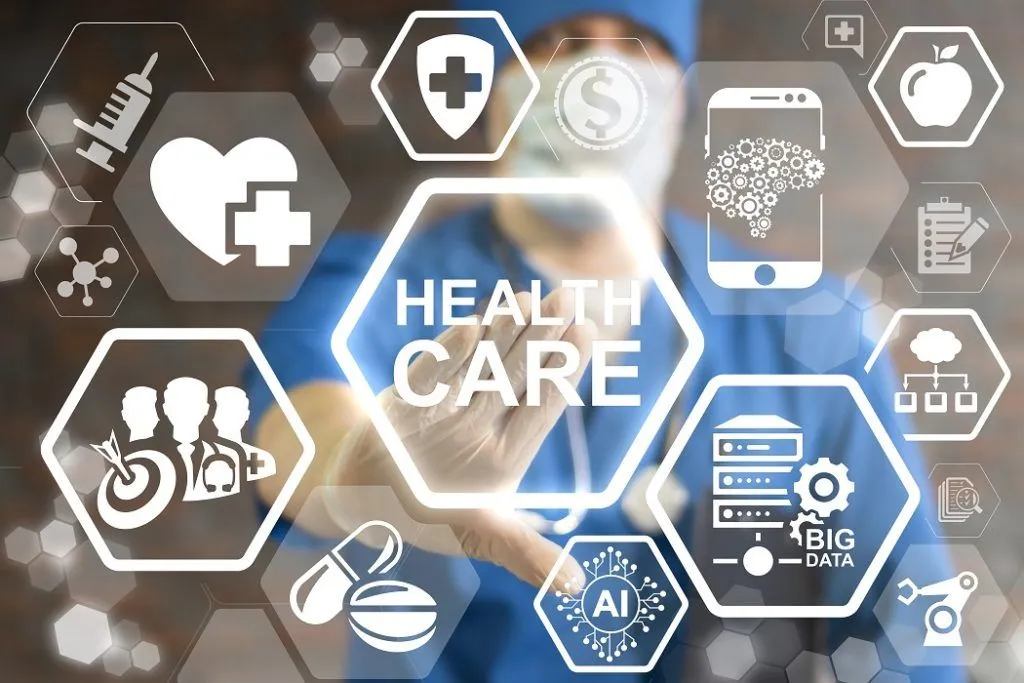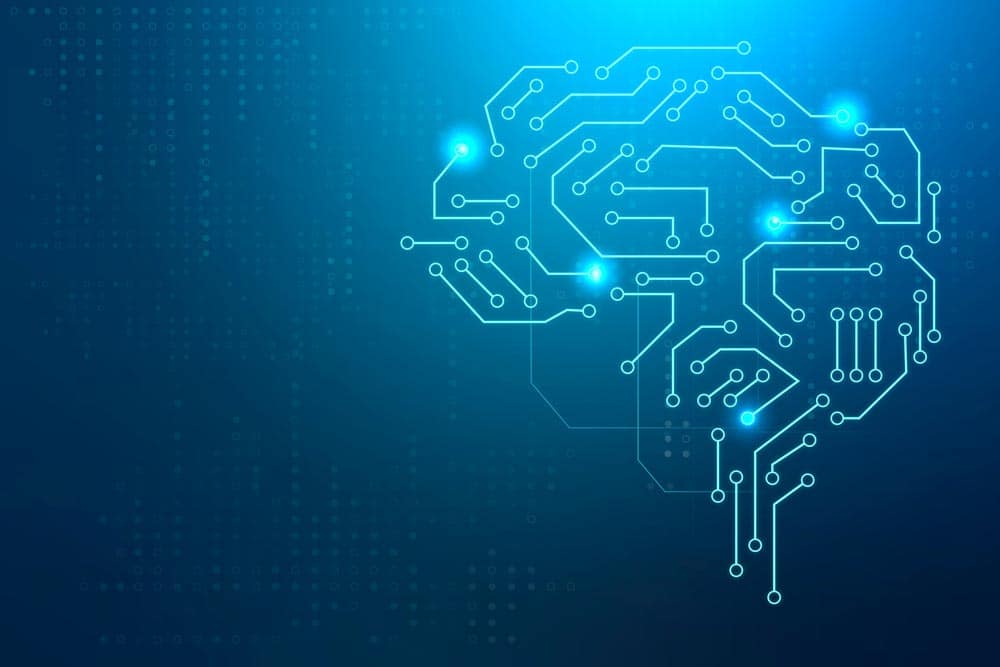In the realm of healthcare, technological innovation stands as a beacon of hope, continually transforming the landscape of medical practices and patient outcomes. From cutting-edge treatments to advanced diagnostic tools, the fusion of technology and healthcare has ushered in an era of unprecedented possibilities. In this comprehensive blog, we delve into the multifaceted facets of technological innovation in healthcare and explore its profound impact on the industry.
What is a Technological Innovation in Healthcare
Technological innovation in healthcare refers to the development and implementation of new technologies, tools, devices, systems, and processes aimed at improving the delivery of healthcare services, enhancing patient outcomes, and optimizing operational efficiency within the healthcare industry. These innovations span a wide range of domains, including medical devices, diagnostic tools, treatment methods, information technology systems, and healthcare delivery models.
Examples of technological innovations in healthcare include:
- Precision Medicine: Utilizing advanced genetic sequencing, bioinformatics, and data analytics to tailor medical treatments and interventions to individual patients based on their unique genetic makeup, lifestyle factors, and environmental influences.
- Telemedicine: Leveraging telecommunications technology to provide remote healthcare services, including virtual consultations, remote monitoring of patients’ vital signs, and telehealth platforms for diagnosis, treatment, and follow-up care.
- Artificial Intelligence (AI) and Machine Learning: Harnessing AI algorithms and machine learning techniques to analyze vast amounts of healthcare data, including medical images, electronic health records (EHRs), and clinical notes, to assist healthcare providers in diagnosis, treatment planning, predictive analytics, and personalized medicine.
- Wearable Devices and Health Tracking Apps: Introducing wearable sensors, fitness trackers, and mobile health applications that enable individuals to monitor their health metrics, track physical activity, manage chronic conditions, and receive personalized health recommendations in real-time.
- Robotic Surgery and Minimally Invasive Procedures: Advancing surgical techniques through the use of robotic-assisted surgical systems, computer-assisted navigation, and minimally invasive procedures, which offer greater precision, shorter recovery times, reduced pain, and improved patient outcomes.
- Health Information Technology (HIT): Implementing electronic health records (EHRs), health information exchanges (HIEs), interoperable systems, and data analytics platforms to facilitate seamless communication, information sharing, and data-driven decision-making among healthcare providers, patients, and stakeholders.
- 3D Printing in Healthcare: Utilizing 3D printing technology to create patient-specific anatomical models, prosthetics, implants, surgical guides, and customized medical devices, enabling personalized treatments, surgical planning, and medical education.
- Gene Editing and Gene Therapy: Developing innovative gene editing techniques, such as CRISPR-Cas9, and gene therapy approaches to modify genetic mutations, correct genetic disorders, and potentially cure diseases at the genetic level.
- Nanotechnology in Medicine: Exploring the application of nanomaterials, nanoparticles, and nanodevices for targeted drug delivery, imaging diagnostics, biomarker detection, tissue engineering, and therapeutic interventions with improved specificity and efficacy.
- Blockchain Technology: Implementing blockchain-based solutions for secure and transparent management of healthcare data, including patient records, clinical trials, medical billing, supply chain management, and healthcare transactions, while ensuring data integrity, privacy, and interoperability.
These technological innovations hold the promise of revolutionizing healthcare delivery, transforming medical practice, empowering patients, and addressing the evolving challenges facing the healthcare industry in the 21st century.
Learn more: What is Risk Assessment in Healthcare?
The Impact of Technological Innovation
Technological innovation has become synonymous with progress in healthcare, catalyzing advancements across various domains. In an age where data is paramount and precision is key, emerging technologies are driving significant improvements in patient care, operational efficiency, and overall health outcomes. Let’s embark on a journey through the transformative power of technology in reshaping the healthcare landscape.
1. Precision Medicine
At the forefront of healthcare innovation lies precision medicine, a paradigm shift from traditional one-size-fits-all approaches to personalized treatments tailored to individual patients. Enabled by advancements in genomics, bioinformatics, and data analytics, precision medicine leverages a wealth of genetic and molecular information to predict, prevent, and treat diseases with unprecedented accuracy. By deciphering the intricate complexities of each patient’s genetic makeup, healthcare providers can deliver targeted therapies that maximize efficacy while minimizing adverse effects, marking a significant leap forward in the fight against ailments ranging from cancer to rare genetic disorders.
2. Telemedicine and Remote Monitoring
The proliferation of telemedicine platforms and remote monitoring technologies has revolutionized the delivery of healthcare services, particularly in underserved or remote areas. Through secure digital channels, patients can now access virtual consultations, receive real-time medical advice, and remotely monitor vital signs from the comfort of their homes. This not only enhances convenience and accessibility but also reduces healthcare costs and alleviates the burden on overcrowded medical facilities. Furthermore, telemedicine has proven instrumental in facilitating continuity of care during crises such as the COVID-19 pandemic, highlighting its indispensable role in modern healthcare delivery models.
3. Artificial Intelligence (AI) and Machine Learning
Artificial intelligence and machine learning algorithms are reshaping healthcare by augmenting diagnostic accuracy, streamlining administrative tasks, and optimizing treatment protocols. By analyzing vast datasets with unparalleled speed and precision, AI-powered systems can identify patterns, detect anomalies, and generate actionable insights that empower healthcare providers to make informed decisions. Whether it’s predicting disease progression, optimizing medication regimens, or automating routine tasks, AI-driven solutions are revolutionizing every facet of healthcare delivery, paving the way for more efficient, effective, and patient-centric care.
4. Wearable Devices and Health Tracking Apps
The rise of wearable devices and health-tracking apps has empowered individuals to take a proactive approach to managing their health and well-being. From smartwatches that monitor heart rate and activity levels to mobile applications that track dietary habits and sleep patterns, these technologies provide users with invaluable insights into their health metrics and lifestyle choices. By fostering self-awareness and facilitating early intervention, wearable devices and health apps play a pivotal role in preventive healthcare, helping individuals adopt healthier habits and mitigate the risk of chronic diseases.
5. Robotics and Minimally Invasive Surgery
In the realm of surgical innovation, robotics and minimally invasive techniques have redefined the standard of care, offering patients safer, more precise, and less invasive treatment options. Robotic surgical systems, equipped with advanced imaging and robotic arms, enable surgeons to perform complex procedures with unparalleled dexterity and precision, resulting in shorter recovery times, reduced pain, and improved surgical outcomes. Additionally, minimally invasive approaches, such as laparoscopy and endoscopy, minimize tissue trauma and scarring, enhancing patient comfort and accelerating postoperative recovery.
Conclusion
The fusion of technology and healthcare has ushered in an era of unprecedented innovation, revolutionizing the way we prevent, diagnose, and treat diseases. From precision medicine and telemedicine to artificial intelligence and robotics, the possibilities are limitless, offering new avenues for improving patient outcomes, enhancing quality of care, and addressing the evolving needs of healthcare systems worldwide. As we continue to embrace technological advancements, let us harness the power of innovation to usher in a healthier, more equitable future for all.
Through continuous collaboration between healthcare professionals, technologists, policymakers, and stakeholders, we can unlock the full potential of technology to transform healthcare and empower individuals to lead healthier, more fulfilling lives.
References:
[1] National Institutes of Health (NIH). Precision Medicine Initiative.
[2] American Telemedicine Association. Telemedicine Basics.
[3] Topol EJ. High-performance medicine: the convergence of human and artificial intelligence. Nature Medicine.
[4] Wearable Technology Market – Growth, Trends, and Forecasts (2020 – 2025).
[5] Intuitive Surgical. da Vinci Surgical System.
Most Recent Posts
Explore the latest innovation insights and trends with our recent blog posts.













